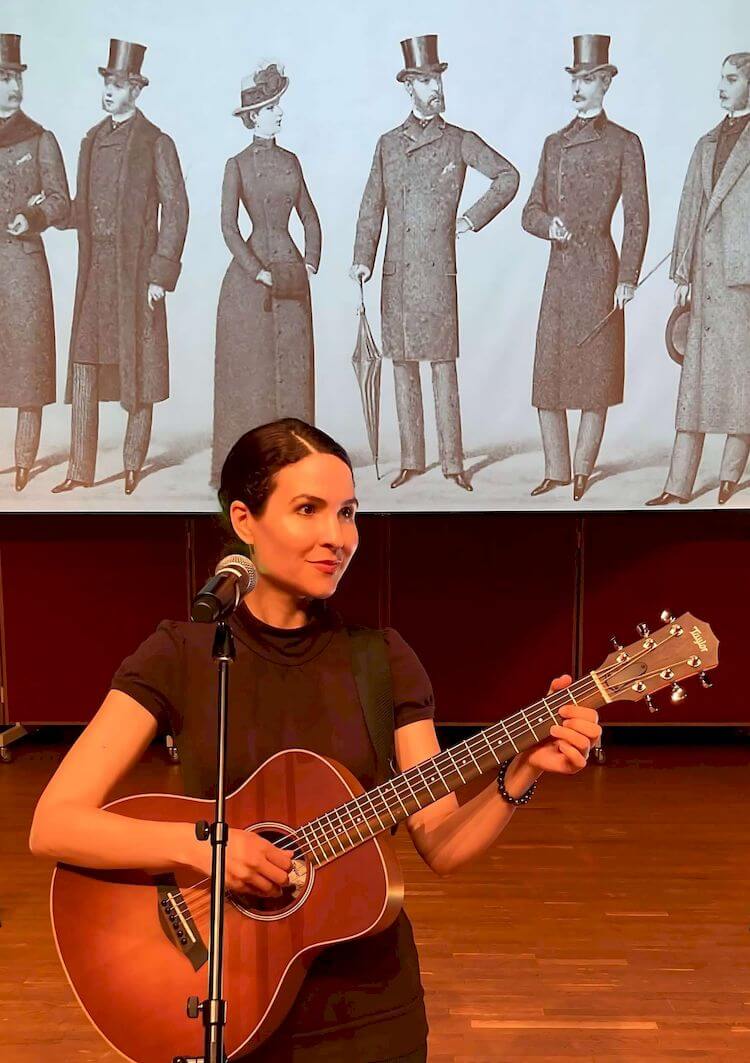Michelle Ptacek
The Online Educator
Michelle has worked with over one thousand students worldwide and provided consulting for clients from Europe, Asia, Africa, South America, and Australia. Closer to home, her primary focus is facilitating M-F online homerooms for Davidson Young Scholars in the US and Canada.
Using research from her master’s thesis focused on bibliotherapy and the empathizing-systemizing theory of the brain, Michelle also teaches a variety of 1:1 lessons with a focus not only on the acquisition of skills, but also on creative thinking and social-emotional learning.
Michelle Ptacek
The Presenter
From scholars online to gatherings at professional organizations, Michelle brings useful ideas from the world of gifted education to the broader public. Likewise, she connects the study of expertise and concepts from organizational psychology to the practice of gifted education.
Before expanding online, Michelle offered workshops on Dabrowski’s theory of personality development and the human drive to systemize at the ITAG conference in Des Moines, Iowa. She has a B.A. in special education, M.A in gifted education, and is working on her doctorate.

Michelle Ptacek's
Keynote Concerts
Michelle explores the history of creativity and the history of cognitive diversity using biographies fused with music and storytelling. She specializes in taking true stories from the past and presenting them in an engaging way with folk music. During these keynote concerts, she discusses key topics related to her research and workshops.
Featured biographies: Nikola Tesla, Josephine Cochrane, Garrett Morgan, Elizabeth Magie, Thomas Midgley, William Sidis, Hugo Gernsback, and more.
Featured topics:
- The Creative Process
- High Sensitivity/Overexcitability
- Perfectionism
Featured biographies: Scott vs. Amundsen for the South Pole, Gloria Hollister Anable, Antony Van Leeuwenhoek, David Thompson and Charlotte Small, Tetrapods, Laika, and more.
Featured topics:
- Flexible Thinking
- Multipotentiality
- Perspective Taking
- Flow States
Featured biographies: Oscar Wilde, Lyudmila Pavlichenko, Therese Peltier, A.J. Cassatt, Ed Dismuke, Emma Nutt, and More
Featured topics:
- Analogous Thinking
- Bibliotherapy
- Social/Emotional Needs
Featured Biographies: John Wallace and John Stevens (Panama Canal), H.A. Rey and Margret Rey (Curious George), Sister Viktorine and Hans Asperger, Julia Morgan and William Randolph Hearst, and More
- Visual Thinking
- Multiple Intelligences
- Characteristics of Dynamic Teams
- Empathizing/Systemizing
- Effective Communication
Michelle introduced excellent content to match our situation. Her high quality advice for refereeing strong personalities is no small feat! I was duly impressed by both her content and management skills.
Jessica, DYS Parent
What is cognitive diversity?
Cognitive diversity is an area of psychological research addressing the different ways people think, process information, and make decisions. Research shows an environment that appreciates a variety of unique perspectives is more likely to solve complex problems, spot new opportunities, and be innovative. In addition, a person who understands their own unique strengths and areas of need is more likely to develop a healthy self-concept.
Improved performance. Improved decision making. Greater adaptability. Enhanced creativity.
From the Blog
Subscribe to the blog for interesting information about cognitive diversity from Michelle’s research and classes.
Self-Acceptance Vs. Self-Esteem + How to Forgive Yourself
Posted in Social and Emotional Learning
“Be nice to yourself. It’s hard to be happy when someone’s mean to you all the time.” – Christine Arylo Although often used interchangeably, self-esteem and self-acceptance are …
Realistic Expectations
“You don’t have to be perfect. You just have to be consistent.” – Unknown Case Study Examples Olivia set high expectations for herself – perfect grades, leadership roles, …

